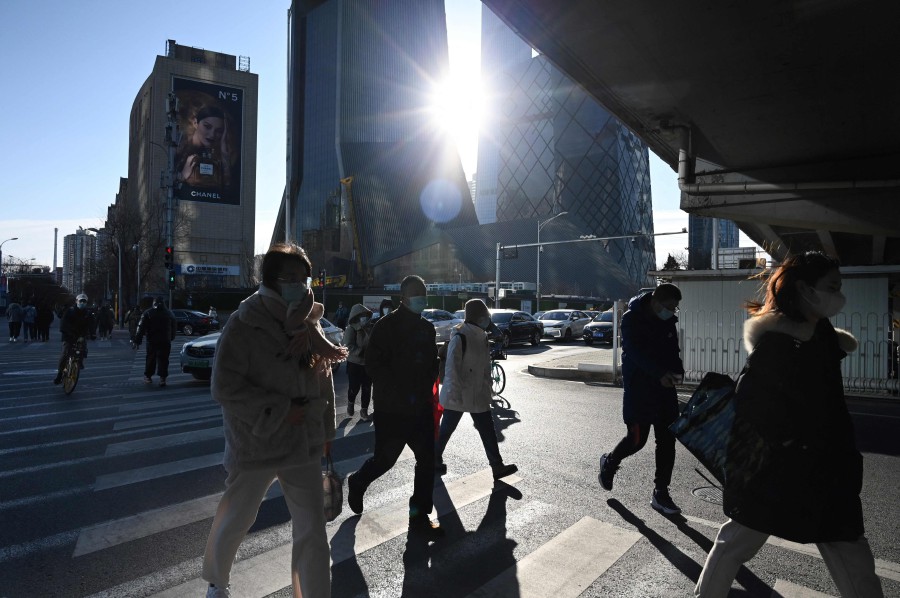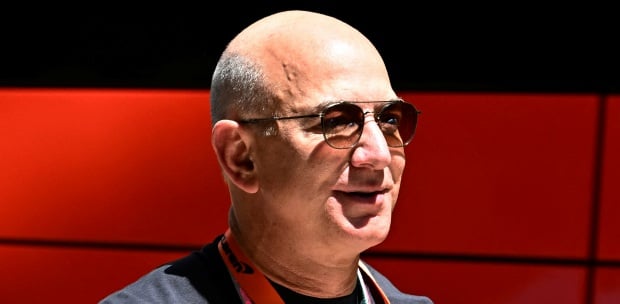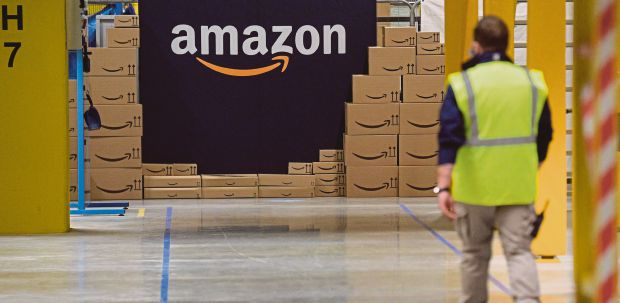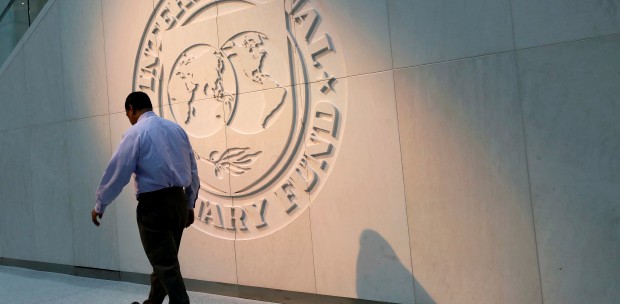The International Human Rights Day, commemorated every year on Dec 10, is essentially to remind the public about human rights issues and to provide non-governmental organisations (NGOs) with an opportunity to either congratulate themselves for their work in the field or to highlight their concerns over the issues.
The Universal Declaration of Human Rights, or UDHR, was adopted on this date in 1948.
The theme for this year's commemoration was "Equality" as per the UDHR's affirmation that all human beings are born equal, and deserve equal treatment and dignity under the law.
But after nearly two years of the Covid-19 pandemic and the arguably necessary measures to combat the virus, real inequality has, in fact, worsened around the globe.
The pandemic has ravaged the economies of every nation on Earth but lifted a few select companies and individuals into the financial stratosphere, with Jeff Bezos, for instance, well on his way to becoming the world's first trillionaire.
The founder and chief executive officer of Amazon has been one of the top beneficiaries of the virus and global lockdowns as more and more people were forced to do their shopping online.
While millions of families have been devastated financially by the economic downturn, the richest of the rich have seen their profits skyrocketed.
Consider this — since the start of the pandemic, the world's major central banks printed more than nine trillion dollars, which they distributed to financiers who funnelled those funds to companies who then used that money to buy back their shares on the stock market to artificially increase the share prices of their companies.
Meanwhile, the International Monetary Fund estimated that for a mere US$50 billion, the whole world could be vaccinated.
Every man, woman and child on Earth could have been inoculated against the virus for a fraction of the money central banks delivered to corporations to replenish the wealth of their shareholders.
Any rhetoric about "equality" is meaningless if this type of inhuman corruption is not addressed.
As the founder of Centre for Human Rights Research and Advocacy (Centhra), it would normally be expected that I would issue a statement in honour of the International Human Rights Day but frankly, I wanted to delay my remarks to first observe what others in the human rights community would say.
Disappointingly, but not surprisingly, I did not encounter any recognition of this enormous elephant in the room.
Economic inequality, the unprecedented disparity that has only gotten worse over the last two years, is not a force of nature — it is the result of systemic priorities that profoundly devalue the poor and working class.
While we are so used to talking about parents sacrificing so that their children will have better lives, we are in a situation today in which older siblings are now making those sacrifices for their younger brothers and sisters.
Here in Malaysia, we read about young people forced to quit school to work for the survival of their families, hoping that their siblings might be able to complete their education and progress for a better future.
The previous government of Malaysia genuinely worked to offset the economic hardships wrought by the pandemic for low-income families, and to some extent, this has continued through the National Recovery Council, set up to ensure that the post-pandemic recovery process is achieved.
If the plans drafted can be implemented, Malaysia may well rebound from the Covid-19 crisis and achieve greater income equality across the class spectrum.
However, discussions about extending the age of retirement, for example, is deeply concerning for any of us familiar with the misery imposed upon the Global South by neoliberal structural adjustment reforms for the benefit of a handful of wealthy power players.
If we are sincerely interested in equality, we must first focus our attention on the systems and policies that exacerbate inequality and if we are to truly treat equality as a fundamental human right, we must begin to identify these systems and policies as human rights violations.
The writer is the founder of Centre for Human Rights Research and Advocacy (Centhra).
The views expressed in this article are the author's own and do not necessarily reflect those of the New Straits Times





